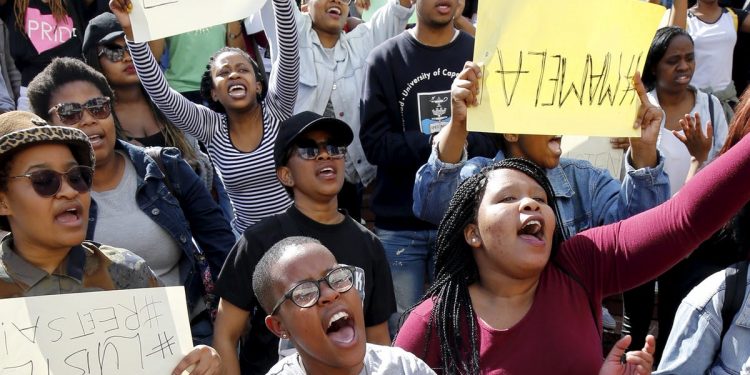While universities and colleges often deny club creation requests due to limited budgets or lack of student interest, Hagerstown Community College gave a reason that specifically addressed the political nature of the club. The college’s administrators argued that a club like Turning Point USA could not exist on campus because the creation of an expressed republican club would necessitate the creation of a similar club for democrats. Furthermore, the administrators claimed that a club “that duplicates the purpose and mission of existing clubs” could not be created, according to a blog post on Turning Point USA’s website.
However, the college has only three clubs that are political in nature: an LGBT rights club called “Spectrum,” a general political science club and a National Organization for Women club. Therefore, the college’s argument that Turning Point USA would “duplicate the purpose and mission of existing clubs” is unfounded. Furthermore, the college only has a men’s golf club team, which showcases that the college did not require the creation of a women’s golf club team simultaneously with the men’s golf club team.
Turning Point USA is an explicitly non-partisan group. Therefore, the creation of a club for democrats would not equalize the political landscape of clubs at Hagerstown Community College.
The college’s actions are clearly against the constitution. By denying DeMartino the right to even submit an application for a club, the administrators showed bias and disregard for their students’ constitutional rights. The administrators did not bother to even review the club’s goals before reaching their decision. While colleges have the right to disagree with the political sentiments of their students, it is not right that a place of higher learning polices the free exchange of ideas and beliefs on campus if they are not hateful in nature.
By restricting the types of political clubs on campus based on their own personal beliefs, the administrators robbed their students of discovering differing opinions and ideas. The college’s decision not only violated the constitution, but it stifled intellectual discussion and growth, which goes against the very nature of a college or university.
Unfortunately, Hagerstown Community College is one of many colleges and universities across the United States who take it upon themselves to police the beliefs and ideas of their students. Earlier this year, Butler University fired Loni McKown, the advisor of Butler’s award winning student newspaper, after an article criticizing the administration was published. The school then chose to appoint their head of public relations as an interim advisor, completely censoring the newspaper for the time being.
While students at Butler University protested the decision, Moriah DeMartino chose to hire a private lawyer in order to protect her and other student’s constitutional rights, despite the financial cost. However, even if DeMartino’s case reaches the Supreme Court, there is no guarantee that a decision in favor of students’ right to freedom of speech would make a substantial change. There are numerous laws on the state and federal levels that explicitly protect student’s freedom of speech. The state of Indiana, where Butler University is located, has an Illinois College Campus Press Act in place, which explicitly states that all college newspapers at both public and private universities are public forums protected by the constitution. The law, however, did not stop the administrators at Butler University.
With every new law passed, college administrators across the country find loopholes in order to protect their interests and public image. Almost every college, including our own, has a policy on Dissent. While Moriah DeMartino’s case is an important step towards securing student’s rights, our constitutional freedoms will continue to be in peril unless the government finds a way to enforce laws that protect students’ rights to freedom of speech.
Maria DeCasper, FCRH ’17, is a philosophy major from Miami, Florida.





